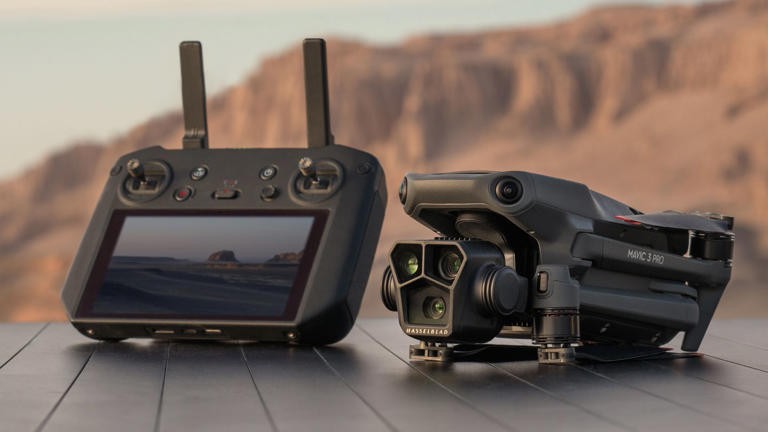
In a bold move, drone manufacturing giant DJI has taken legal action against the US Department of Defense (DoD), contesting its inclusion on a list of "Chinese military companies." The lawsuit, filed on Friday, comes after over 16 months of unsuccessful attempts by DJI to engage with the DoD regarding this designation.
A DJI spokesperson emphasized that the company "is not owned or controlled by the Chinese military," highlighting that DJI produces consumer and commercial drones rather than military-grade unmanned aircraft. This distinction is crucial to the company's case against the DoD's classification.
The drone maker's legal challenge follows a series of actions by various US government agencies. In 2020, the Department of Commerce placed DJI on its Entity List, effectively restricting US companies from selling to the drone manufacturer. The following year, the Treasury Department added DJI to an investment blocklist, citing alleged involvement in surveillance activities targeting Uyghur Muslims - a claim DJI firmly denies.
According to the lawsuit, DJI has experienced "ongoing financial and reputational harm" due to the DoD listing. The company reports lost business opportunities and claims its employees have faced stigmatization and harassment.
DJI's legal team argues that the DoD's justification for the listing is inadequate, pointing out several perceived flaws in the department's report. These include the application of incorrect legal standards, confusion over common Chinese names, and reliance on outdated information and tenuous connections to support the designation.
The lawsuit also sheds light on DJI's ownership structure, stating that founder and CEO Frank Wang, along with three early-stage investors, control 99% of the company's voting rights and approximately 87.4% of its shares.
As of now, the Department of Defense has not issued a response to the lawsuit. This legal battle highlights the ongoing tensions between the US government and Chinese technology companies, and its outcome could have significant implications for international business relations and the drone industry.